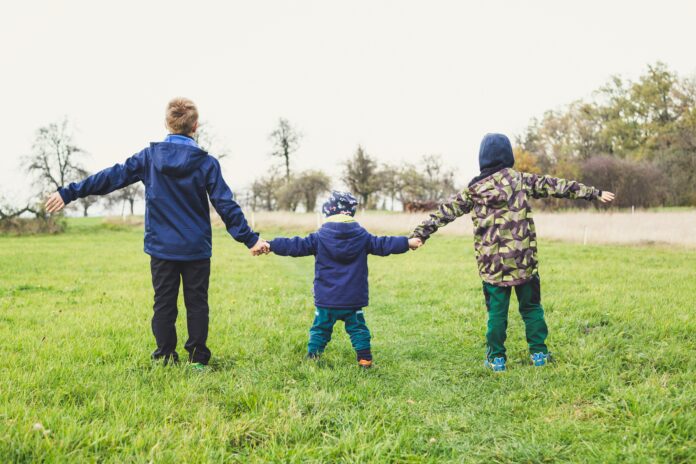“Transforming Early Childhood Education in Canada: Embracing Land-based Learning and Indigenous Knowledge”
Introduction:
Early childhood education in Canada has long been criticized for favoring indoor learning environments and neglecting the importance of outdoor experiences and Indigenous Land-based approaches. However, a national working group, spearheaded by the Lawson Foundation and supported by an anonymous donor, is set to change the landscape of early childhood education programs across the country. Led by experts like Danielle Alphonse and Sheila Grieve, this initiative aims to foster a deeper connection between children and nature, while also honoring Indigenous knowledge and values.
Embracing Land-based Learning:
Sheila Grieve, an Early Childhood Education and Care Professor at VIU, highlights the significance of establishing strong relationships with the land to better understand ourselves and engage in the necessary work of land restoration. She emphasizes the importance of early childhood educators feeling comfortable in outdoor settings and acquiring the skills needed to facilitate quality outdoor experiences for children. By incorporating courses dedicated to outdoor education in post-secondary programs, educators can better prepare themselves to provide enriching experiences for young learners.
Recognizing Indigenous Knowledge:
Danielle Alphonse, VIU’s BC Regional Innovation Chair in Aboriginal Early Childhood Development, underscores the value of recognizing Indigenous knowledge and the importance of incorporating land-based learning into early childhood education programs. She acknowledges the significance of the Lawson Foundation’s vision for all provinces and institutes to explore ways to integrate land-based learning into their curricula and communities. This inclusive approach not only benefits educators and children but also fosters deeper connections with the land and the teachings it holds.
Conclusion:
The efforts of the national working group represent a significant shift towards a more holistic and inclusive approach to early childhood education in Canada. By embracing land-based learning and Indigenous knowledge, educators are not only enriching the experiences of young children but also fostering a greater respect for the environment and the cultures that have long been rooted in this land. As we move forward, it is imperative that we continue to prioritize outdoor experiences and cultivate connections with the land to ensure a more sustainable and culturally enriching future for generations to come.”
Reference














